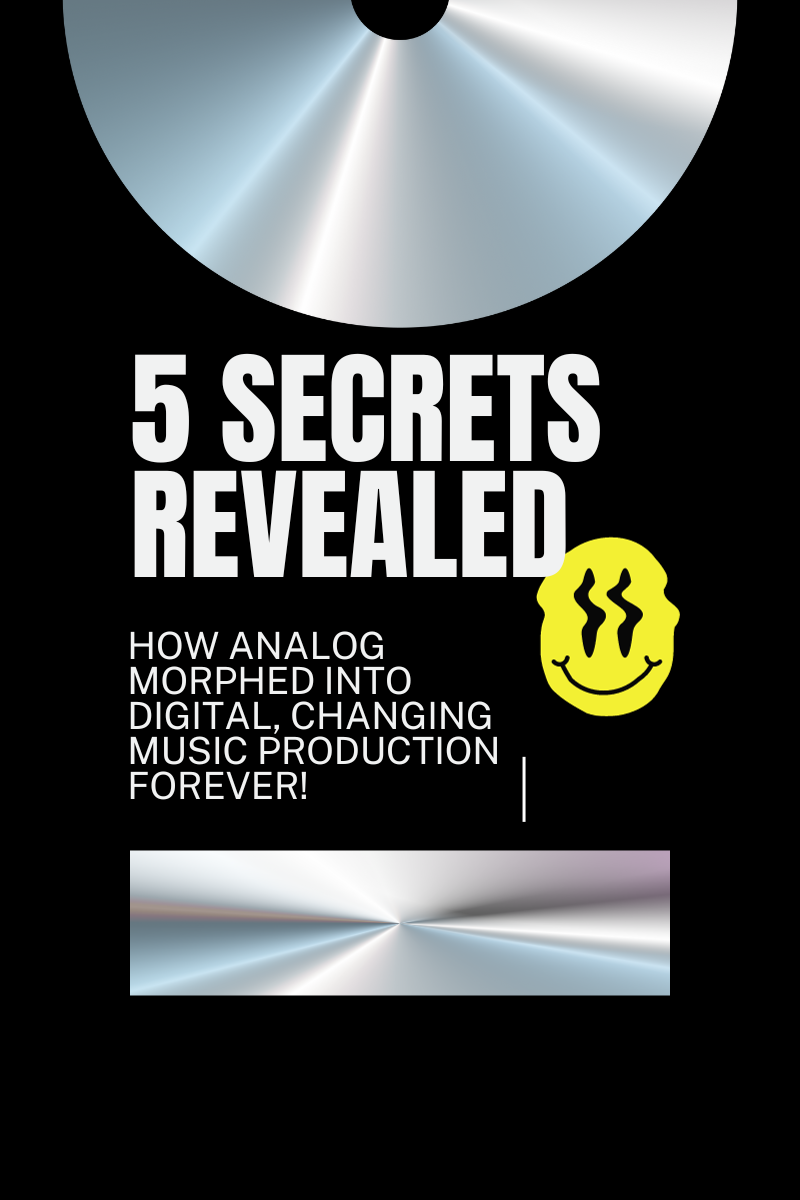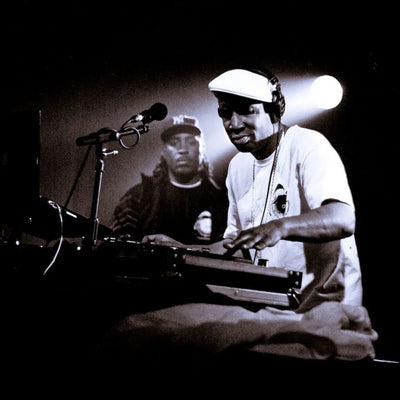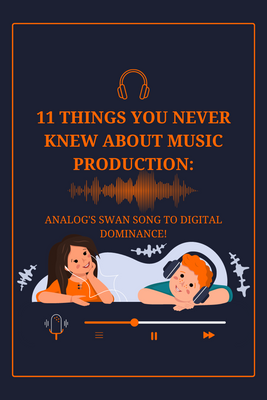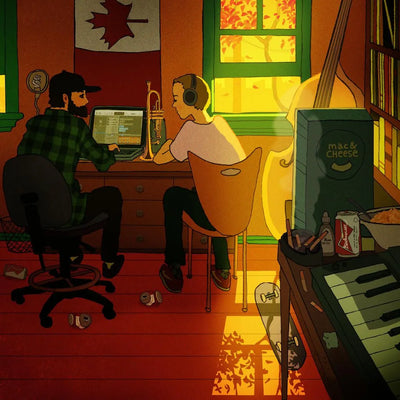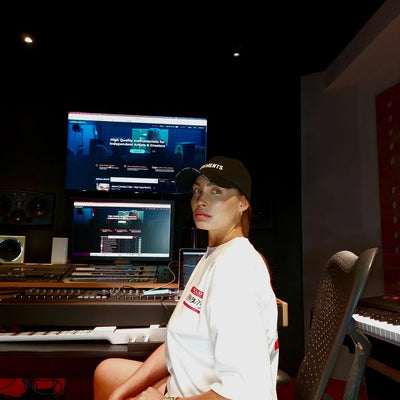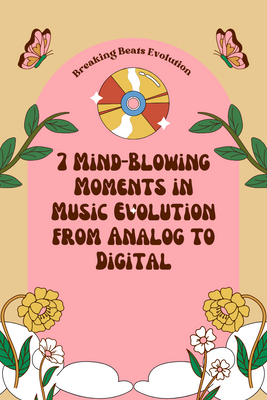In the dynamic world of music production, the transition from analog to digital has been nothing short of revolutionary. As we unravel the mysteries behind this evolution, five secrets emerge, shedding light on how the shift from analog technologies to digital has forever altered the music production landscape.
1. The Quantum Leap: Analog to Digital Recording
The inception of digital recording marked a seismic shift in the music production paradigm. Analog tape recorders, once the backbone of recording studios, made way for digital audio workstations (DAWs). The transition eliminated the constraints of physical tapes, offering producers unparalleled flexibility and the ability to manipulate sound with unprecedented precision.
2. MIDI Magic: Unleashing Creative Potential
The advent of the Musical Instrument Digital Interface (MIDI) opened a gateway to a world of creative possibilities. Unlike analog counterparts, MIDI enabled seamless communication between various electronic instruments. This digital language revolutionized music production, allowing for intricate control, synchronization, and the creation of complex arrangements. The once-isolated domains of synthesizers and drum machines are now harmonized in a symphony of interconnected innovation.
3. Sampling Revolution: Digital’s Sonic Palette
Sampling, once a cumbersome analog process, underwent a digital metamorphosis. The emergence of samplers and sample-based instruments liberated producers from the limitations of physical sampling. Digital sampling allowed artists to seamlessly integrate snippets of existing recordings into their compositions, paving the way for the distinctive sounds that define genres like hip-hop and electronic music.
4. The Rise of Virtual Instruments: A Sonic Playground
Digital technology ushered in an era where virtual instruments and software synthesis became the norm. The transition from physical hardware to software-based instruments democratized access to an expansive sonic palette. Producers could now explore sounds once confined to the realm of imagination, pushing the boundaries of creativity and reshaping the music production landscape.
5. AI's Footprint: From Algorithms to Artistry
Integrating artificial intelligence (AI) in music production represents the latest frontier. AI algorithms analyze trends, predict hit potential, and generate musical compositions. While some purists question the role of AI in the creative process, there's no denying its impact in shaping the future of music production. The synergy between human creativity and machine intelligence has opened new doors, challenging conventional notions of what is possible in music creation.
The journey from analog to digital in music production has unfolded a tapestry of innovation and creative liberation. The secrets behind this transformation reveal the technological advancements and the profound impact on artistic expression. As we continue to navigate the evolving landscape of music production, one thing remains certain: the fusion of analog and digital has birthed a new era of sonic possibilities.

